As part of Variety’s Screening Series, “Kokuho” production designer Yohei Taneda and producer Chieko Murata joined Variety’s co-editor-in-chief Cynthia Littleton for a candid conversation about the making of the Japanese drama on Oct. 26 in Los Angeles.
Murata kicked off the conversation explaining what Kabuki theater offers Japanese audiences by having it as the film’s backdrop and discussed their desire to center a story about a young boy who, after his father’s death, develops into a gifted performer after being adopted by a famous Kabuki actor.
“For Japanese people, especially the younger audience, and a regular U.S. audience, it’s similar,” Murata began. “They have never seen Kabuki and don’t know that much about it. It’s a discovery. Also, they don’t think of it as a movie about Kabuki. It’s a movie about art, two actors and the life of actors.”
Taneda touched on the challenges of recreating the different periods of Japanese culture presented throughout the film, in addition to showcasing the elaborate Kabuki styles.
One of the biggest obstacles that Taneda faced was having to build a Kabuki stage from scratch on a sound stage for the last quarter of the film.
“We were very cognizant of being able to use what we see as is,” Taneda said. “Generally, with my approach, all the different sets have elements about them that would be slightly different from a real Kabuki stage. One of the challenges is that you cannot rent a Kabuki stage or theater in Japan that actually exists.”
Murata, who joined as the film’s producer about five years ago, said she resonated with the film’s themes of life, sacrifice and loneliness. “It’s this complex pressure and life of an artist that no other people can understand,” she said. “A lot of people could resonate with that. That’s universal.”
“Kokuho” stars Ryo Yoshizawa, Ryusei Yokohama and Ken Watanabe. As the conversation ended, Taneda and Murata praised the cast for their performances. Murata said she was inspired by Watanabe’s focus and determination to tell the story while on set.
Taneda admired Yokohama and Yoshizawa’s ability to bring depth and complexity to their characters while also introducing Kabuki to a new generation.
“They were able to be interpreters of Kabuki to the current generation,” he said. “Through their friendship and lives, Kabuki all of a sudden became very accessible to this new younger crowd.”

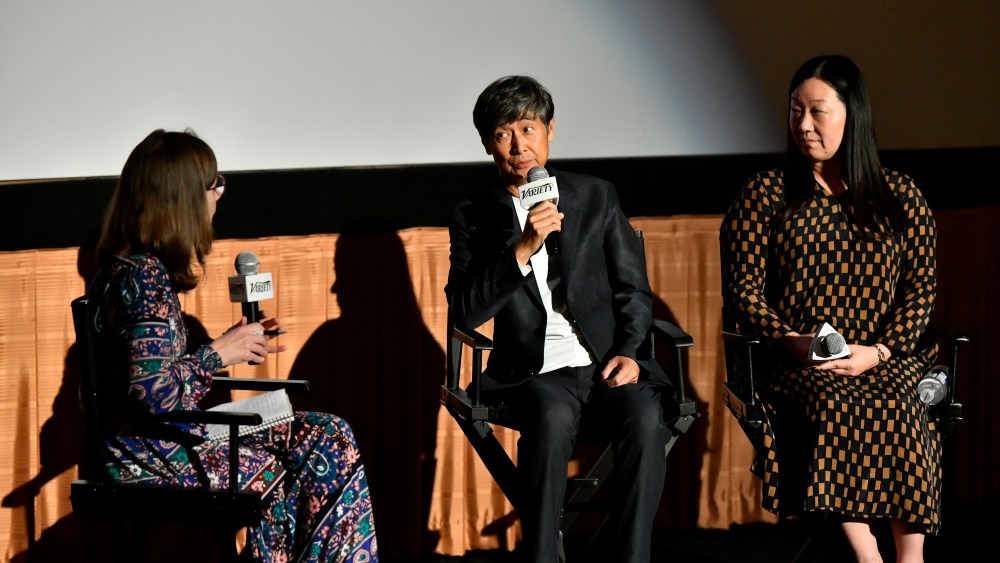


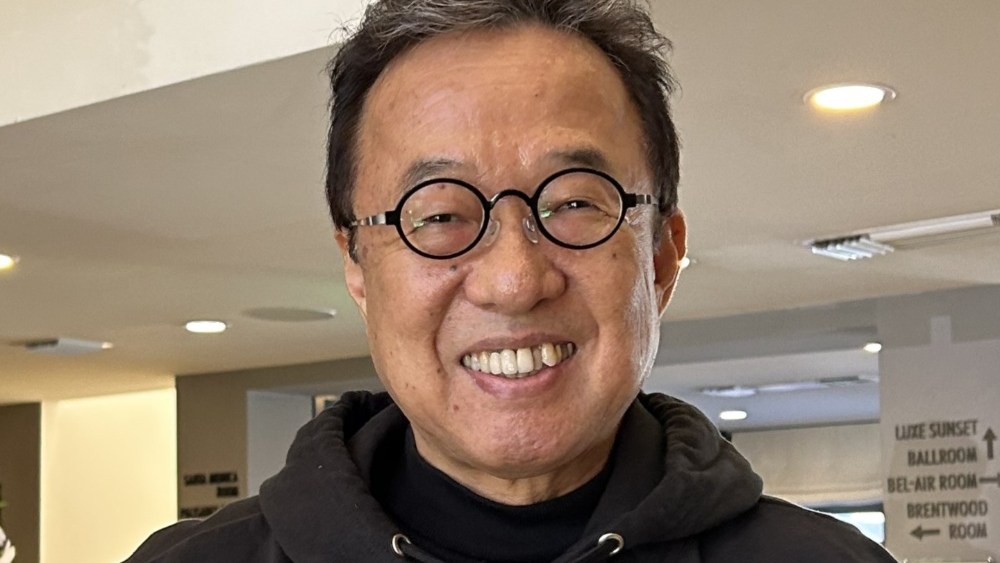

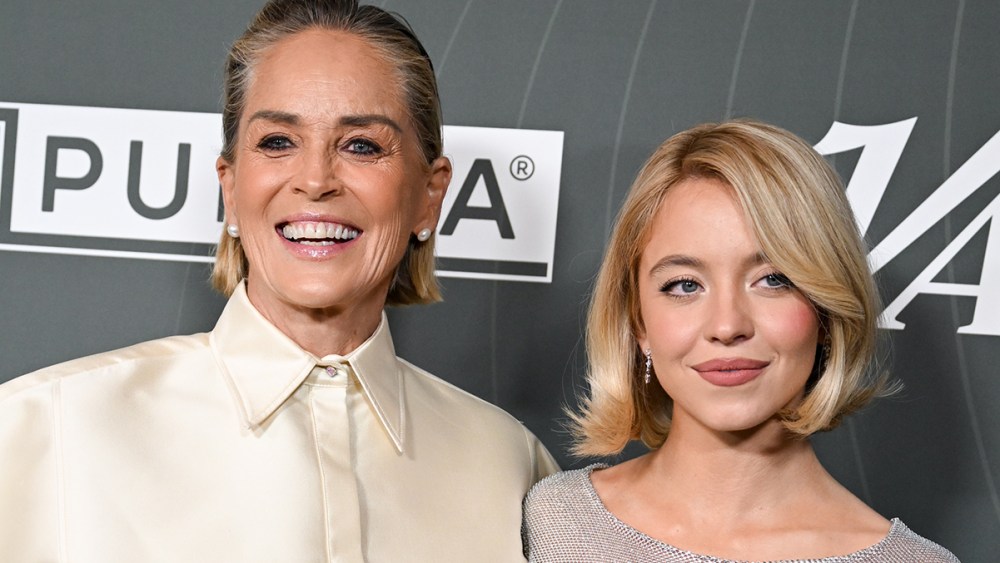
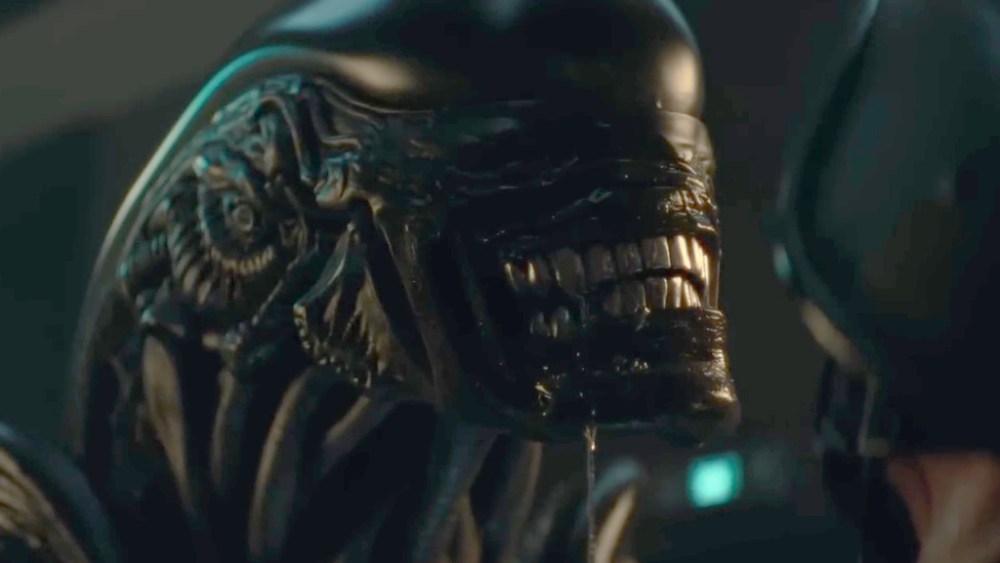

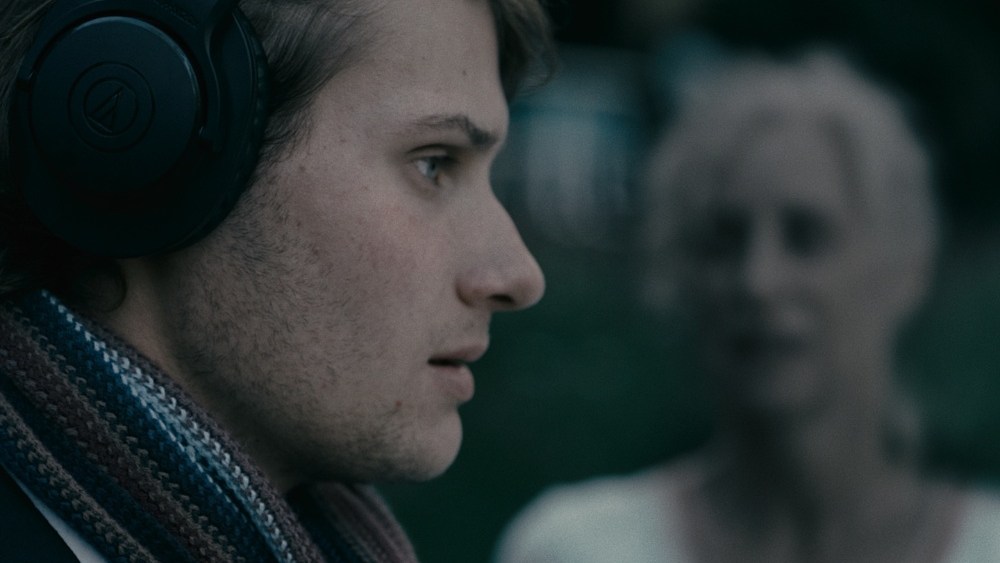
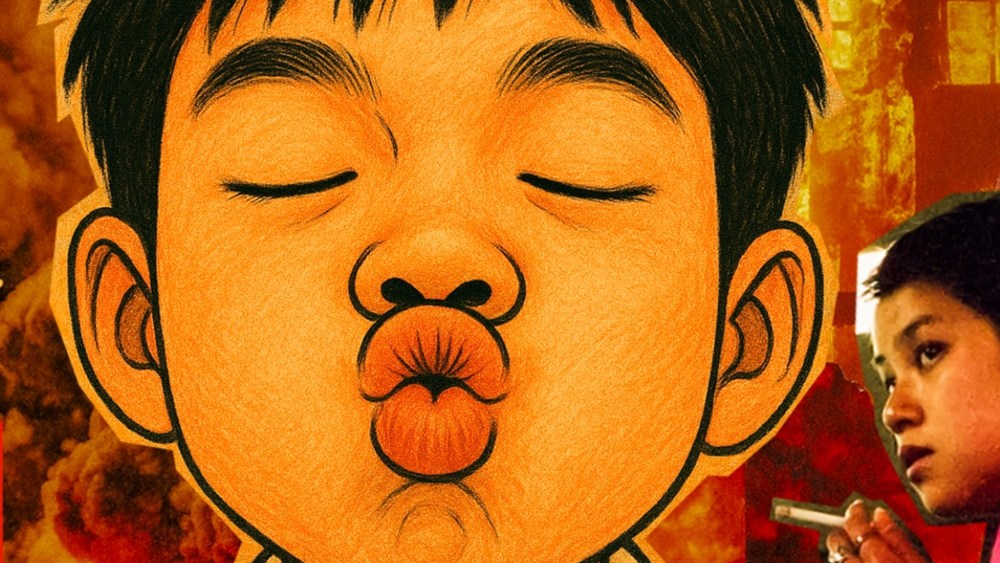
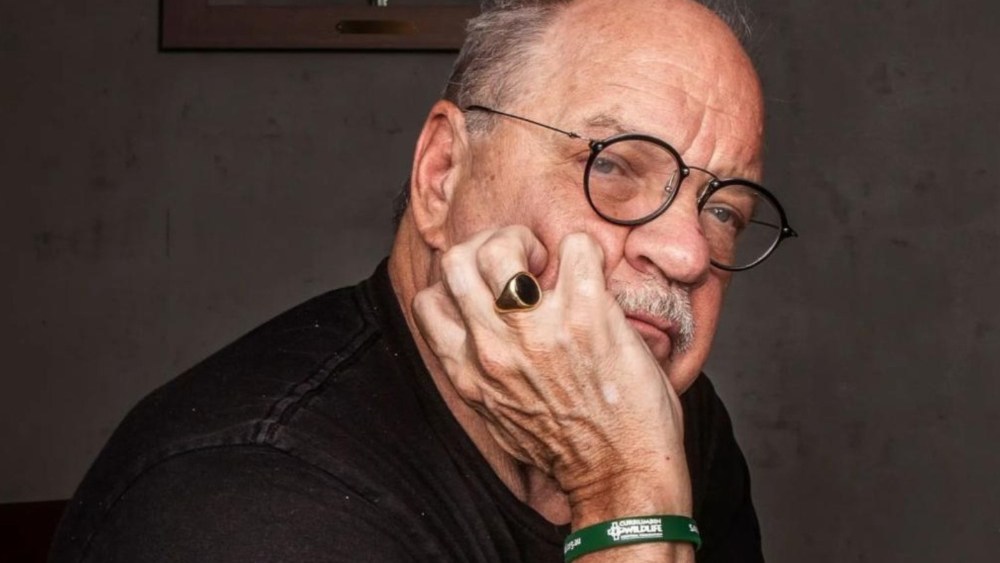

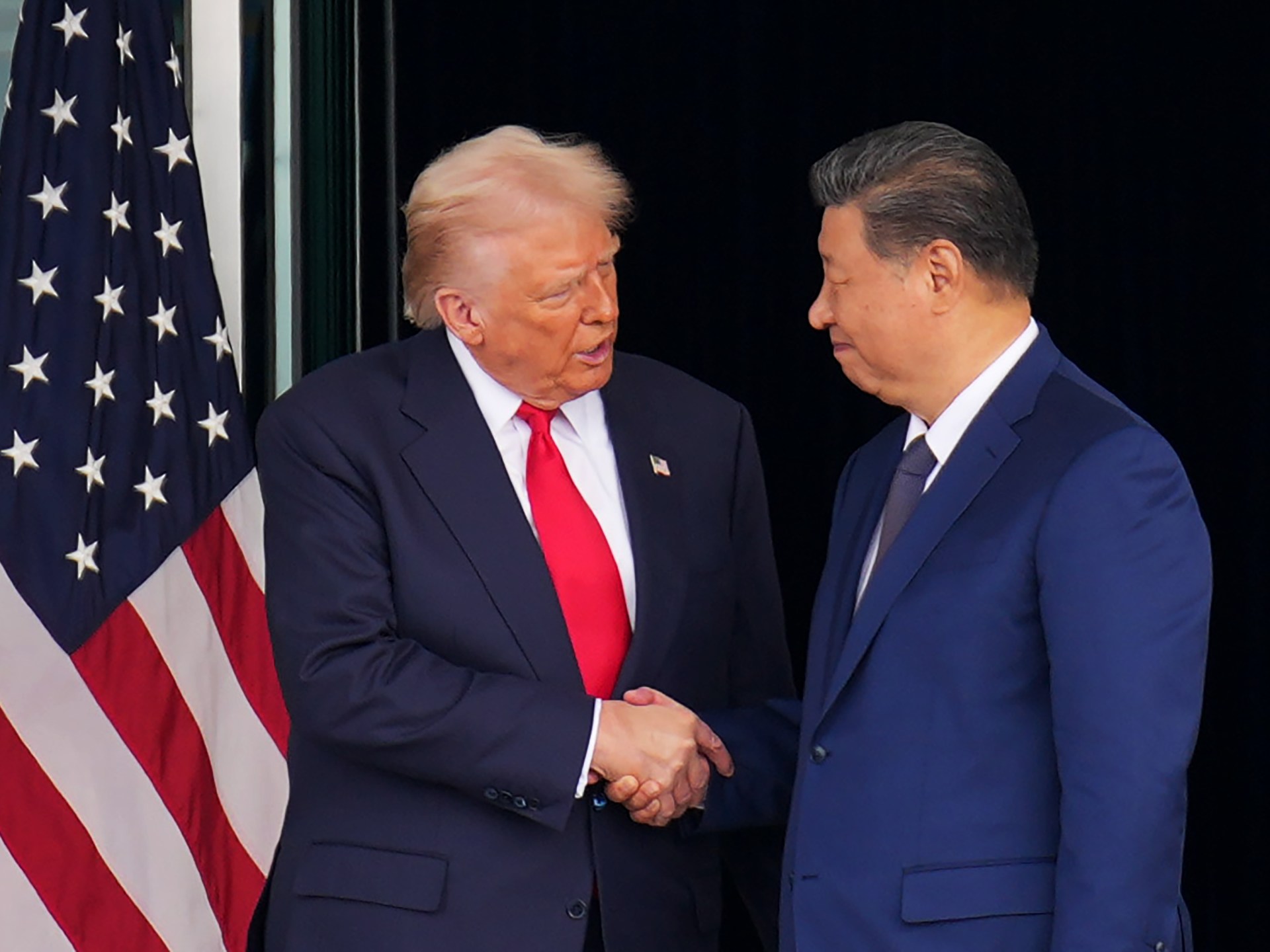

Leave a Reply